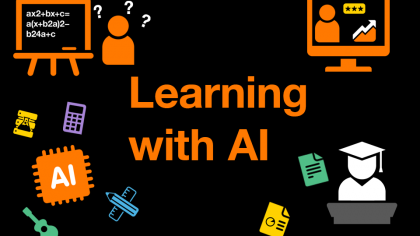AI provides a wide range of new tools for historical research
• The development of MapReader, a computer vision tool for the semantic exploration and processing of historical maps, is just one of many initiatives taking advantage of new possibilities afforded by artificial intelligence (AI) in historical research.
• In France, AI and cryptography experts working on Inria’s Back In Time project are unlocking the secrets of encrypted historical documents that will soon be accessible to researchers.
• Innovation made possible by AI is accelerating the pace of research in human sciences and encouraging researchers to rethink methods used for the analysis of historical sources.
Read the article
• In France, AI and cryptography experts working on Inria’s Back In Time project are unlocking the secrets of encrypted historical documents that will soon be accessible to researchers.
• Innovation made possible by AI is accelerating the pace of research in human sciences and encouraging researchers to rethink methods used for the analysis of historical sources.


Launching new technologies: “Sometimes it’s better to wait for the right moment”
Read the article

Video games : a study documents beneficial effects on mental health
Read the article

Tom Chatfield: “AI could lead to a massive pollution of the world’s data and the erasure of trust.”
Read the article
